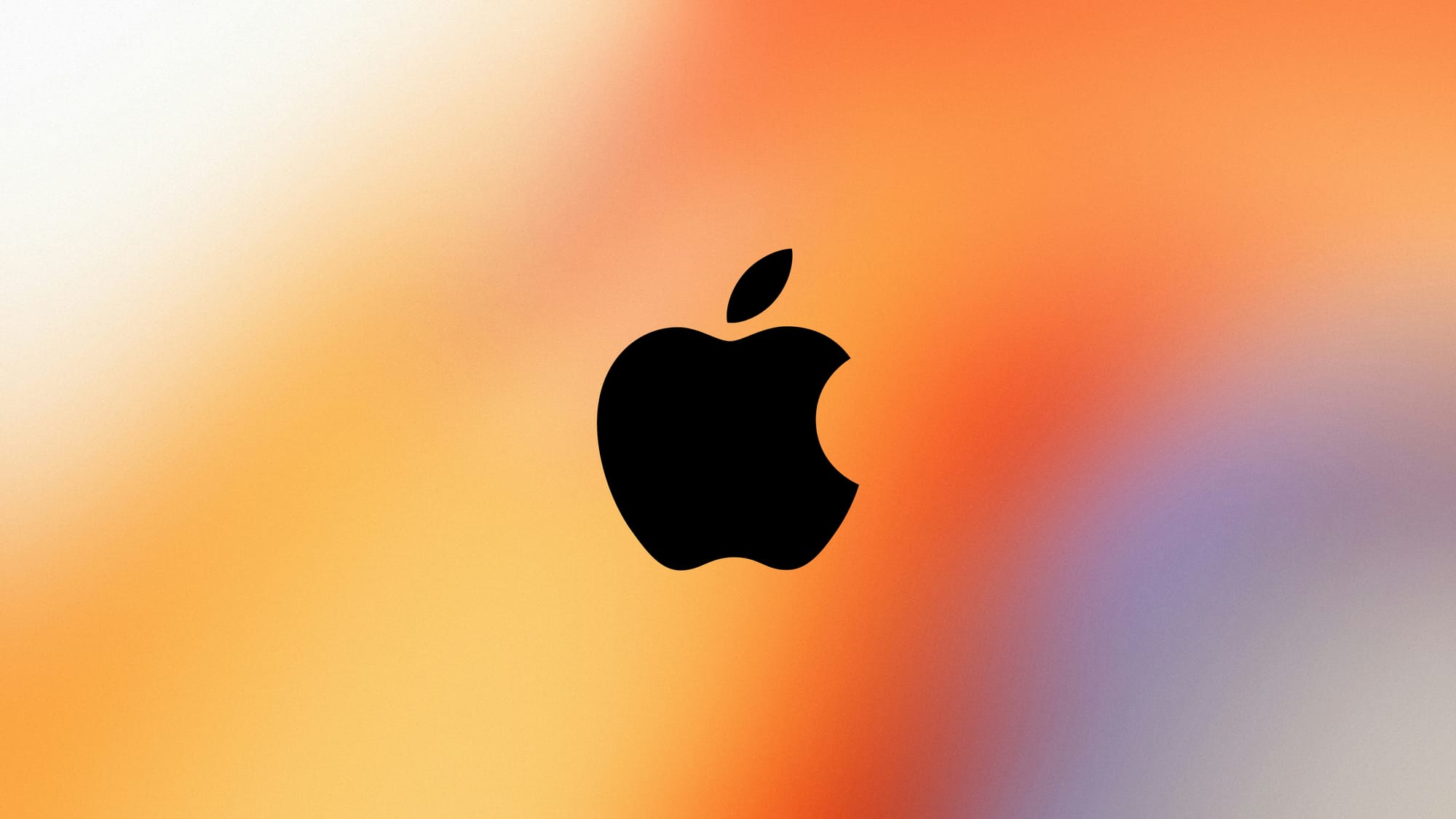Starting a business today is easier than ever. With digital tools, online resources, and a global marketplace at your fingertips, the barriers to entry have never been lower. But building a business that grows and lasts? That’s still one of the toughest challenges out there. What truly sets successful founders apart isn’t just a clever idea or tech know-how-it’s a solid entrepreneurial mindset. And here’s the good news: this mindset isn’t something you’re born with. It’s a mix of attitudes, decisions, and habits anyone can develop and strengthen over time.
The Heart of an Entrepreneurial Mindset
So, what does it really mean to “think like a business”? At its core, an entrepreneurial mindset is about action, resilience, and vision. It’s not waiting for perfect conditions, but acting with what you have, learning as you go, and adjusting based on real-world feedback. This way of thinking is what drives founders to launch a minimum viable product, gather feedback, and improve through iteration-rather than waiting for the “perfect” solution that might never see the light of day.
Take Melanie Perkins, co-founder of Canva, as a real-world example. Perkins didn’t start out with a billion-dollar company. She began with a simple idea: make design accessible to everyone. Through years of persistence, learning, and adaptation, she built Canva into a global platform used by millions. Her story shows that success is less about the original technology and more about a mindset that’s ready to evolve and face new challenges.
Three Pillars of the Entrepreneurial Mindset
Let’s break down the three key elements that shape an effective entrepreneurial mindset:
1. Action-Oriented Focus
Entrepreneurs are doers. Instead of waiting for all the stars to align, they take action, test ideas, and learn from the results. This “Why not?” attitude, as described by Reid Hoffman and embodied by Richard Branson, is what leads to bold ventures and creative solutions. As Branson famously put it, “Screw it, let’s do it.” Entrepreneurship is often like “jumping off a cliff and building the airplane as you fall".
2. Embracing Failure as Part of the Journey
Failure isn’t the end-it’s data. Founders with a strong mindset know that every misstep is a lesson in disguise. Melanie Perkins faced over 100 rejections before Canva got funded, but each “no” was a step closer to the right “yes”. This tolerance for failure, and the ability to learn from it, is a hallmark of successful entrepreneurs.
3. Long-Term Vision
Thinking like a business means keeping your eyes on the horizon. Founders need to balance the demands of today with the possibilities of tomorrow. This long-term perspective helps guide decisions, especially when the path gets rocky. It’s about building something sustainable, not just chasing quick wins.

Data: Your Best Business Ally
A modern entrepreneurial mindset isn’t just about gut instinct-it’s about having an active, strategic relationship with data. You don’t need to be a statistics wizard, but you do need to know what to measure and why. Understanding customer acquisition costs, conversion channels, and user behavior is fundamental. Data-driven decisions help you see what’s working, what’s not, and where to go next.
For example, Starbucks uses data to refine everything from store locations to personalized offers. Netflix leverages viewer data to recommend shows and even guide content creation. Businesses that use data effectively are 20% more efficient, according to recent research. As the saying goes, “Without data, you’re just another person with an opinion".
You Can’t Do It All Alone
Another key part of thinking like a business is knowing when-and how-to delegate and automate. Successful founders recognize that their time is precious and that building a strong team is essential for growth. Delegation isn’t about offloading tasks; it’s about empowering others and optimizing your operations. Automation, meanwhile, lets technology handle repetitive work so you can focus on strategy and innovation.
Jason Miller, a business strategist, puts it this way:
“Effective delegation and automation are about finding the right balance between personal involvement and efficiency. By mastering these skills, entrepreneurs can streamline processes, enhance productivity, and focus on the strategic decisions that truly matter”.
Building a Support Network
No founder has all the answers. The most resilient entrepreneurs know the value of surrounding themselves with mentors, advisors, and peers. This network provides perspective, support, and sometimes the tough feedback you need to grow. As your business evolves, so should your circle of support.
Evolving as Your Business Grows
A business that grows demands leaders who grow with it. Every stage-from validation to scaling-requires new skills and fresh ways of thinking. The entrepreneurial mindset is about constant personal evolution. As your company expands, you’ll need to revisit your vision, learn new management techniques, and sometimes reinvent your approach entirely.
Real-World Lessons from Founders
Let’s look at a few more inspiring examples:
- Uri Levine, Co-founder of Waze: Levine’s mantra is “fall in love with the problem, not the solution.” By focusing relentlessly on solving real commuter issues, he built a product people truly needed.
- Cameron Harvesty, Founder of Poppy Flowers: When the pandemic disrupted her wedding flower business, she pivoted to offer DIY floral kits for home use-an example of opportunity recognition and adaptability.
- Dawoon Kang, Co-founder of Coffee Meets Bagel: Kang famously turned down a $30 million buyout offer on Shark Tank, choosing instead to bet on her company’s long-term potential.
Habits and Traits of Successful Founders
What do these founders have in common? Across industries, the traits that consistently show up include:
- Perseverance: Sticking with your vision through setbacks and slow growth.
- Curiosity: Always seeking to learn, improve, and innovate.
- Adaptability: Willingness to pivot when the market or circumstances change.
- Strong decision-making: Balancing intuition with data, and making tough calls when needed.
- Delegation and communication: Building and trusting a capable team.
The Power of Data-Driven Growth
Let’s dig a little deeper into why data matters so much. Data isn’t just about numbers-it’s about understanding your customers, refining your product, and finding new opportunities. Companies like Walmart and Starbucks have shown that data-driven strategies lead to better marketing, smarter inventory management, and happier customers.
Netflix is another standout example. By analyzing viewing habits, Netflix not only recommends shows but also decides what original content to produce. This tight feedback loop between data and decision-making is a major reason for their continued growth.
Delegation, Automation, and Scaling
As your business grows, you’ll quickly realize you can’t (and shouldn’t) do everything yourself. Delegation lets you focus on what you do best, while automation frees up time for strategic thinking. Look for tasks that can be systematized-like customer onboarding, invoicing, or social media scheduling-and invest in tools that streamline these processes.
A good rule of thumb: if you repeat a task more than twice, consider how it could be automated or delegated.
Growing Yourself as You Grow Your Business
Personal evolution is just as important as business evolution. The best founders are lifelong learners, always seeking new skills and perspectives. Whether it’s reading, networking, or formal education, investing in your own growth pays dividends for your business.
As your company scales, your leadership style may need to change. Early on, you might be hands-on with every detail. Later, you’ll need to empower others, set a clear vision, and trust your team to execute. This shift can be challenging, but it’s essential for sustainable growth.
The Big Picture: Mindset Over Tools
It’s tempting to think that success comes from having the right app, the latest marketing hack, or a secret formula. But in reality, the foundation of every sustainable, competitive business is the mindset of its founder. This mindset helps you:
- Sustain effort through tough times
- Interpret reality objectively (even when it’s not what you hoped)
- Make bold, informed decisions
As Forbes puts it, “Mastering the entrepreneurial mindset requires cultivating passion, resilience, creativity, positivity and adaptability”.
Conclusion: The Mindset That Builds Businesses
Building a business isn’t just about having a great idea or mastering digital tools. The real differentiator is a mindset that can sustain effort, interpret reality with clarity, and make bold, data-driven decisions. This way of thinking turns projects into sustainable, competitive businesses.
So, whether you’re just starting or scaling up, remember: thinking like a business is less about what you know and more about how you approach every challenge, opportunity, and setback. Cultivate action, resilience, and vision-and you’ll be well on your way to shaping your own success from the inside out.














Discussion